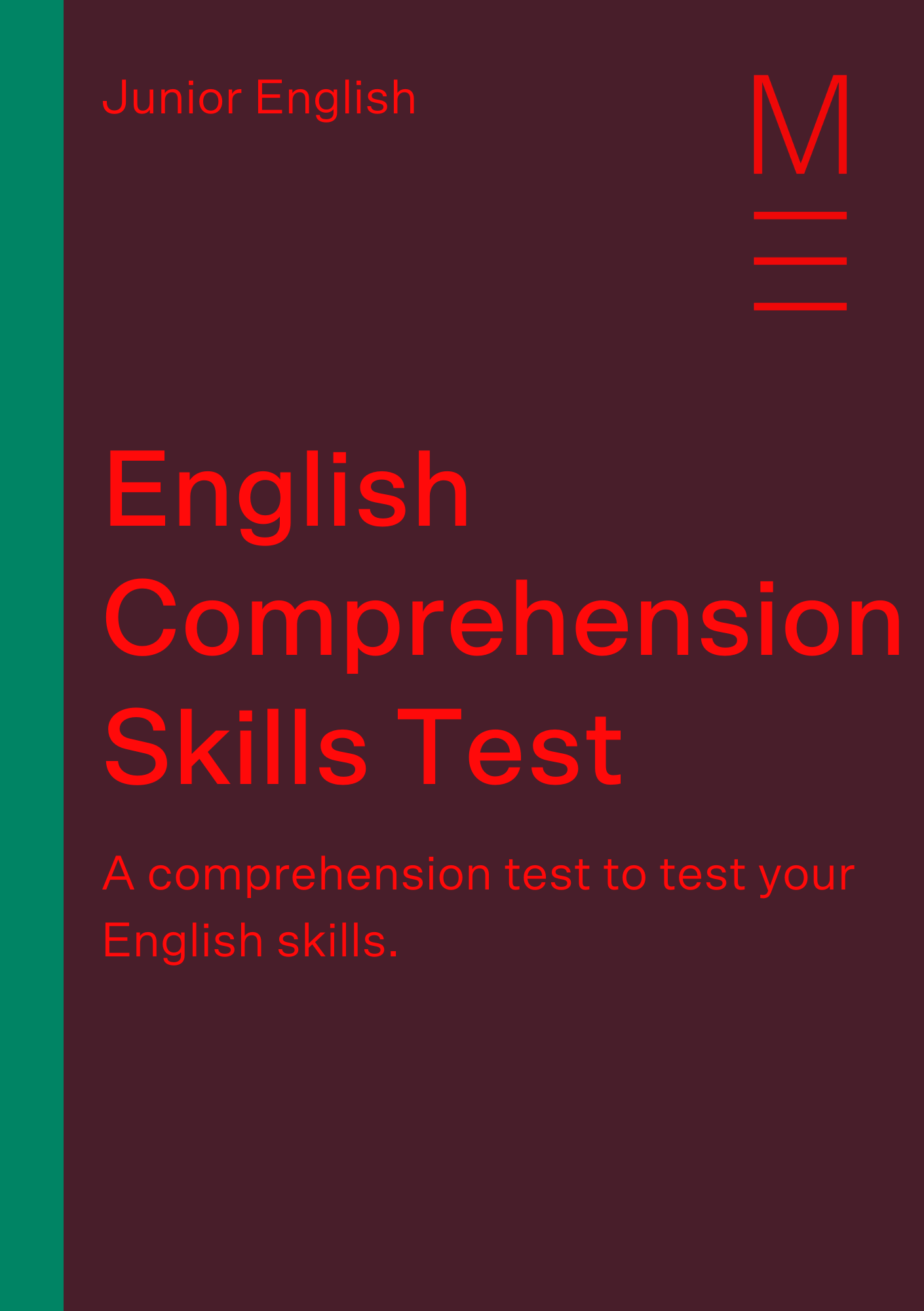Welcome to Matrix Education
To ensure we are showing you the most relevant content, please select your location below.
Select a year to see courses
Learn online or on-campus during the term or school holidays
Learn online or on-campus during the term or school holidays
Learn online or on-campus during the term or school holidays
Learn online or on-campus during the term or school holidays
Learn online or on-campus during the term or school holidays
Learn online or on-campus during the term or school holidays
Learn online or on-campus during the term or school holidays
Get HSC Trial exam ready in just a week
Get HSC exam ready in just a week
Select a year to see available courses
Science guides to help you get ahead
Science guides to help you get ahead
Want to test your child's vocabulary? Here are 20 must know words that your child should know in Year 7.

Join 75,893 students who already have a head start.
"*" indicates required fields
You might also like
Related courses

Join 8000+ students each term who already have a head start on their school academic journey.
What’s a key way to help your child stay on top of Year 7 English? By expanding their knowledge. To help you help them, we’ve put together a vocabulary test with 20 words your year 7 child must know.
If you want to know why developing a child’s vocabulary is so important for the first years of high school, read 7 reasons to boost your child’s vocabulary.
Test and improve your reading and thinking skills with this practice test - answers included! Fill out your details below to get this resource emailed to you. "*" indicates required fields
Download your free English Comprehension Skills test

Download your free English Comprehension Skills test
Test your child to help them learn the words and their correct spelling.
Here’s how you should test them:
Testing your child in this way will help them retain the information and improve their vocabulary. The more a child uses a word, the more they confidence in its, spelling, definition, and usage. This confidence is essential if they are to flourish in high school English.
Alliteration is a noun.
Noun: The repetition of the same consonant sound or letter in successive syllables more sounds in a sentence or phrase.
“She sells seashells by the seashore” is an example of both alliteration and sibilance!
Antonym is a noun.
Noun: A word that means the opposite of another word. For example, “fast” and “slow” or “near” and “far”
Oppression” is the antonym of “freedom.”
Cause can both be used as both a verb and a noun and has several different definitions.
Noun 1: A thing or a person responsible for something occurring.
Simon’s cat was the cause of the broken crockery.
Noun 2: A principle that individuals or groups believe strongly about.
Amelie believed that in fighting for climate change she was fighting for an important cause.
Verb: To make something happen. It often reflects something bad happening.
Trudy’s poor spelling was why she failed the English test.
Context is a noun. It has slightly different meanings depending on how it is used.
Noun 1: The situation or circumstances surrounding something happening and can be used to help understand it.
To understand what Shakespeare meant, Ruth needs to understand his context.
Noun 2: The text or speech immediately preceding or after a particular word or phrase that is needed to infer its meaning.
Gillian had to do an exercise where she inferred the meaning of words from their context.
Declarative can be used as an adjective or a noun. It is commonly used to describe statements or sentences.
Adjective: Part of a phrase or sentence that makes a sentence.
Noun: A statement that is made in the form of a declaration.
Felicity laid out her argument in a series of declarative sentences.
Fact is a noun.
Noun: Something that is known to have occurred or something for which there is proof.
It was a well-known fact that John’s favourite food was kebabs.
Belief is a noun. It has a couple of connotations depending on how you use it..
Noun 1: The certainty an individual has that something is true.
Ruth’s belief in justice was shaken by the judge’s sentencing.
Noun 2: Something that an individual believes.
Simon had a strong belief that his cat was out to get him.
Foreshadowing is a noun.
Noun: When a composer employs details, descriptions, moods, or narrative elements that will have greater meaning later on in a text.
Joe Hill’s use of foreshadowing always kept Michaela on the edge of her seat.
Homonym is a noun.
Noun: A word that sounds like or is spelled like another word but has a different meaning. For example, “Bark” is the outer layer of a tree and the sound a dog makes.
Louise always got homonyms and antonyms confused.
Imperative is an adjective that has a couple of different meanings depending on usage.
Adjective 1: Of extreme urgency or importance.
The teacher told Mark that it was imperative his assignment was submitted on time.
Adjective 2: Language used to describe the form of a verb used for giving orders, commands, or instructions.
“Stop that” is an imperative statement.
Imply is a verb.
Verb: To suggest or communicate something without stating it outright or clearly.
Teja implied that she was hungry.
Infer is a verb.
Verb: To deduce from evidence or surrounding information that something may be the case.
Joe could infer from the rumbling of Teja’s stomach that she was hungry.
Onomatopoeia is a noun.
Noun: A word or the act of a using a word that sounds like the noises that the word refers to.
The cuckoo is a bird whose name is an example of onomatopoeia.
Prefix is a noun.
Noun: A letter or group of letters added to the beginning of a word that change its usage or meaning.
For Ruth, the hardest part of learning Tagalog was remembering when to use a prefix.
Persuasion is a noun that has different connotations depending on how it is used.
Noun 1: The act or action of persuading somebody of something new.
Simon’s cat is a master of persuasion – it always gets fed when it’s hungry.
Noun 2: A particular set of beliefs. Often used to describe political, religious, or unusual personal beliefs.
Teja enjoys cooking for people of all culinary persuasions.
Sensory is an adjective.
Adjective: Connected with the physical senses of touch, sight, taste, smell, hearing.
The art installation gave Ruth a sensory overload.
Syllabification is a noun.
Noun: The act of dividing words up into syllables.
Gillian used syllabification as a strategy to infer the spelling of unknown words.
Technique is a noun.
Noun: A method of doing something that requires skill.
Dr Frankenstein had the perfect technique for bringing the dead back to life.
Values is a noun. It is often confused with present continues form of the verb “value” which means to appraise or attribute worth to something (eg. “He values his freedom” or “She values cars for a living”)
Noun: The principles upon which individuals base decisions of right and wrong or how to act in various circumstances or situations.
Michaela didn’t trust Ruth’s values.
Vicarious is an adjective.
Adjective: Experiencing something by reading, watching, or listening about the actions of others rather than attempting them oneself.
Gillian took a vicarious pleasure out of her daughter’s school achievements that was unhealthy.
Written by Matrix Education
Matrix is Sydney's No.1 High School Tuition provider. Come read our blog regularly for study hacks, subject breakdowns, and all the other academic insights you need.© Matrix Education and www.matrix.edu.au, 2025. Unauthorised use and/or duplication of this material without express and written permission from this site’s author and/or owner is strictly prohibited. Excerpts and links may be used, provided that full and clear credit is given to Matrix Education and www.matrix.edu.au with appropriate and specific direction to the original content.